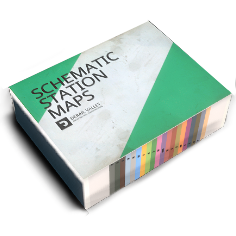Fuel Storage/pt: Difference between revisions
Appearance
Updating to match new version of source page |
Updating to match new version of source page |
||
| (2 intermediate revisions by the same user not shown) | |||
| Line 2: | Line 2: | ||
<div class="mw-translate-fuzzy"> | <div class="mw-translate-fuzzy"> | ||
Os veículos a vapor precisam queimar muito combustível (normalmente carvão ou óleo) para ferver a água. Eles o carregam a bordo. Algumas locomotivas carregam combustível em uma segunda unidade, chamada tender, enquanto as menores carregam tudo em uma única unidade. | Os veículos a vapor precisam queimar muito combustível (normalmente carvão ou óleo) para ferver a água. Eles o carregam a bordo. Algumas locomotivas carregam combustível em uma segunda unidade, chamada tender, enquanto as menores carregam tudo em uma única unidade. | ||
</div> | |||
<div lang="en" dir="ltr" class="mw-content-ltr"> | |||
If the fuel storage runs dry it needs to be {{pll|Servicing Overview|refilled}}. | |||
</div> | </div> | ||
[[Category:Fire Management|1]] | [[Category:Fire Management|1]] | ||
Latest revision as of 14:18, 12 March 2025
Os veículos a vapor precisam queimar muito combustível (normalmente carvão ou óleo) para ferver a água. Eles o carregam a bordo. Algumas locomotivas carregam combustível em uma segunda unidade, chamada tender, enquanto as menores carregam tudo em uma única unidade.
If the fuel storage runs dry it needs to be refilled.
